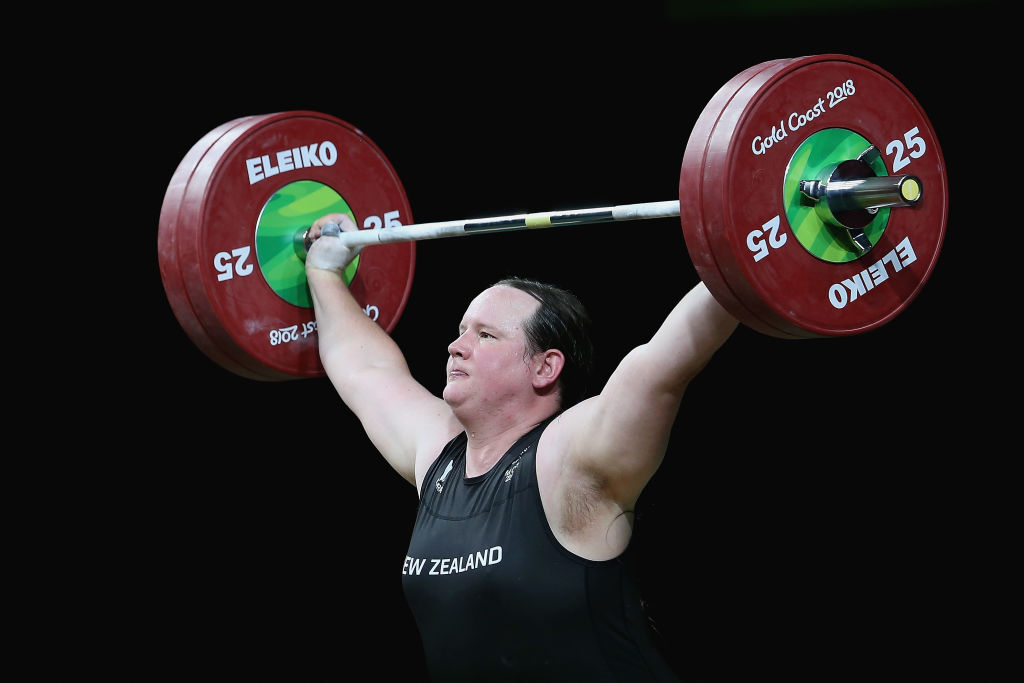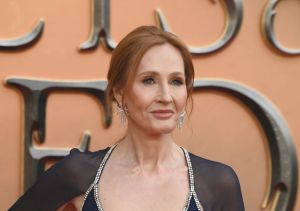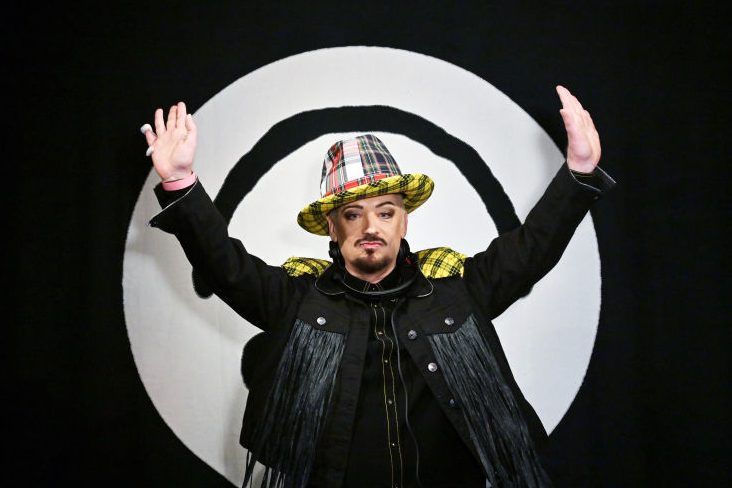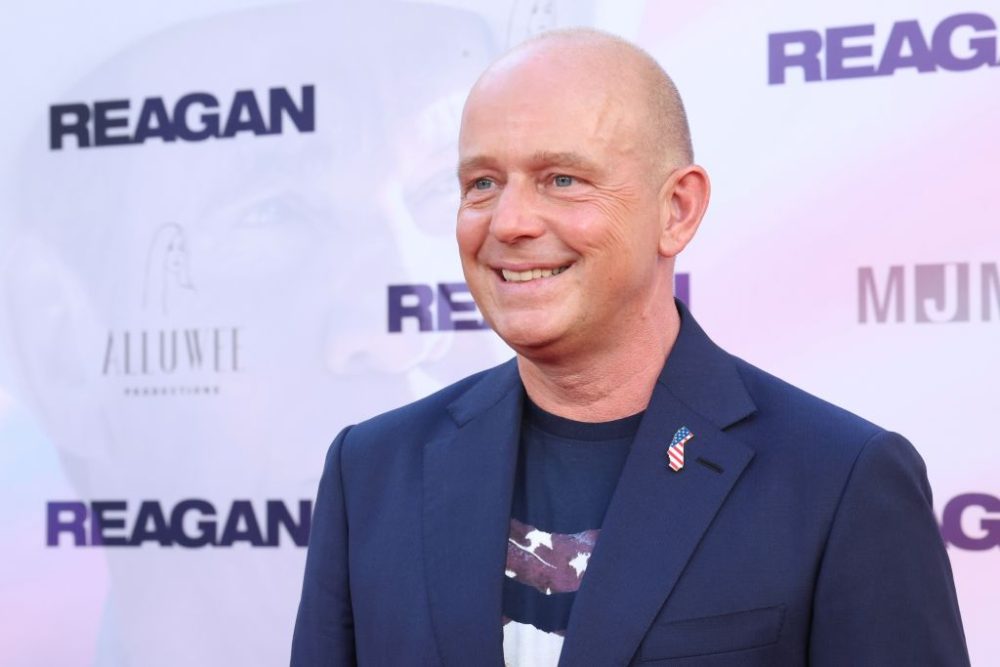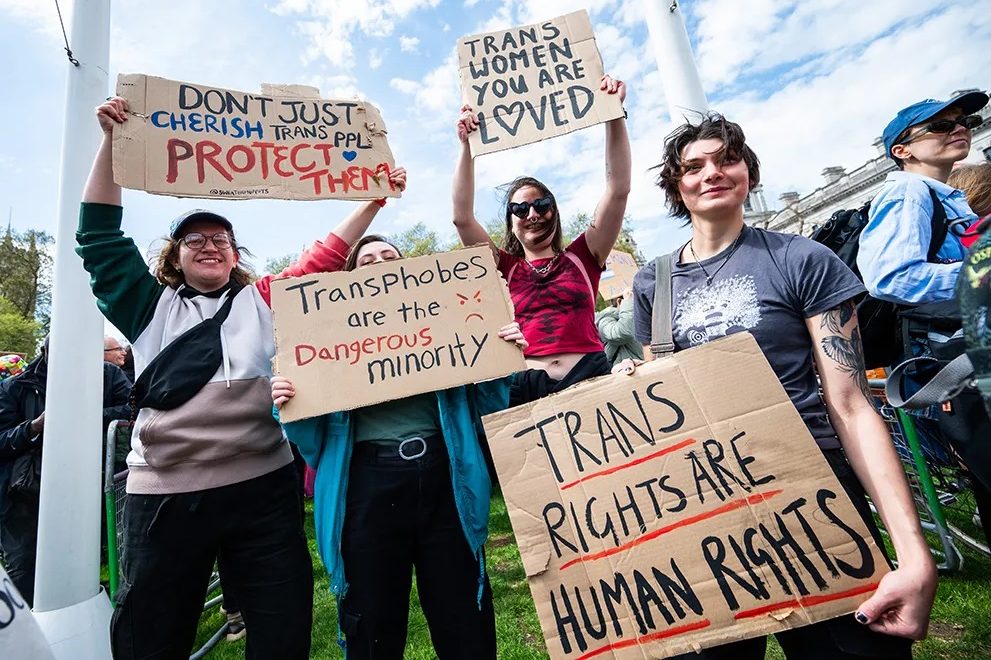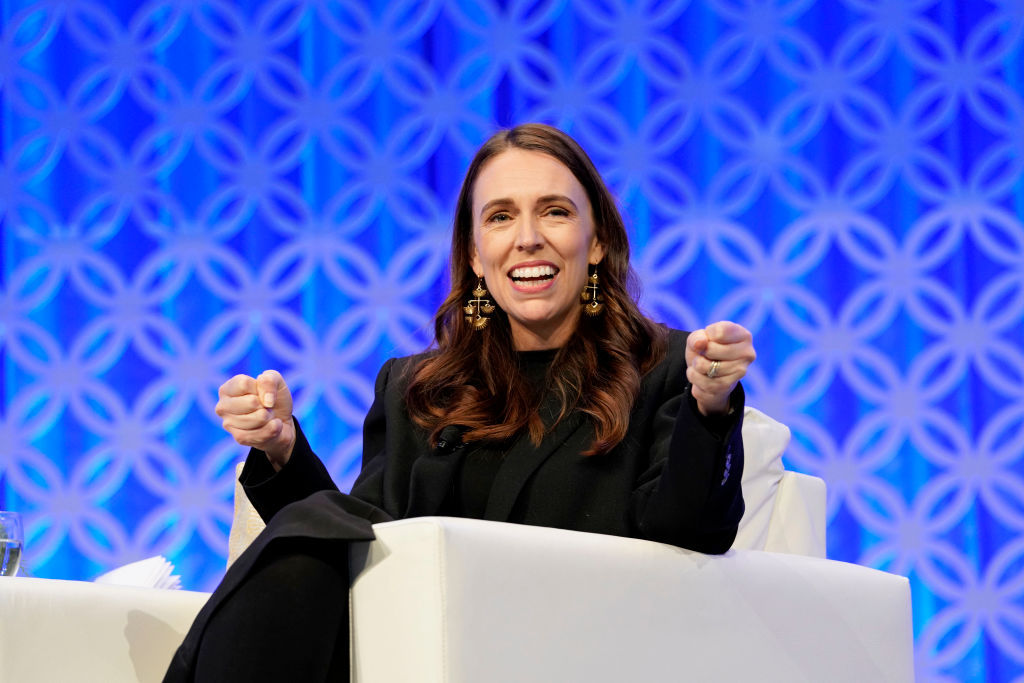When women’s professional soccer was deemed good enough for our TV screens a couple of years ago, I was watching with a friend and her four-year-old son. He was enthralled by the game, and asked his mother, ‘Are boys allowed to play football as well as girls, mummy?’
This little boy’s comment clearly highlighted the insidious sexism prevalent in all aspects of competitive sport. When it comes to soccer, rugby, weightlifting, darts, you name it, commentating, sports writing, sports photography and so many other operational aspects of competitive sports are dominated by men.
Female sports champions can be such important feminist role models for girls. Look at Martina Navratilova, Jessica Ennis-Hill, Nicola Adams and Sian Massey-Ellis. These women are looked up to by so many young women, whether they want to enter the sporting world or not, they have succeeded in a world colonized by men — often the most patriarchal types.
The decision to allow Laurel Hubbard, a 43-year-old weightlifter who transitioned from male to trans woman in 2012, to compete in the forthcoming Olympic Games against female competitors is the beginning of the end of women’s sport.
Why does women’s sport exist at all? Because biology in sport matters. Separate categories give females equal opportunities of sporting success.
Australian Weightlifting Federation’s chief executive, Michael Keelan has spoken out about how unfair Hubbard’s inclusion is to female competitors. We all know it is unfair, even those speaking out in support of Hubbard’s inclusion in the Olympics — they just don’t care about women.
The science is clear. As Ross Tucker wrote in 2019: ‘At any level, across any range, the top 100 (way more, actually, add a zero) an open competition between all humans would be won, without any exception, by those who benefit from testosterone’s effects on muscle, skeleton, heart, blood and fat.’
Scientific papers have clearly shown that those who have undergone male puberty retain significant advantages in power and strength, even after taking medication to suppress their testosterone levels.
As one study published last year highlighted, scientists found that the male performance advantage in weightlifting was 30 percent when compared to women. Yet crucially, even when transgender women suppressed testosterone for 12 months, the loss of lean body mass, muscle area and strength was only around 5 percent. In other words, even after reducing testosterone, trans women retain most of their strength and power.
Why, then, with all this evidence that shows how unfair it is, do the likes of the Olympic Committee allow natal males to compete against females? Two words: fear and capitulation. Any descent from the ‘trans women are women’ mantra earns you an accusation of bigotry.
In 2019, tennis champion and lesbian icon Martina Navratilova was dropped from the advisory board and as an ambassador of of US-based Athlete Ally, which supports LGBT sportspeople and which Navratilova helped set up. The 18-time Grand Slam winner was deemed to be ‘transphobic’. Her crime? Navratilova wrote in the Sunday Times of London that it was ‘insane’ that transgender athletes who ‘decide’ to become female had achieved honors ‘that were beyond their capabilities as men’.
Navratilova came out as a lesbian in 1981 and bravely stood firm against the slings and arrows from bigots and misogynists in the tennis world and beyond. But her good work and courage stands for nothing as far as the trans Taliban is concerned.
Hubbard stole the place of Kuinini Manumua, a 21-year-old woman of color who had trained for years. This would have been her first Olympics. Remember her name.



